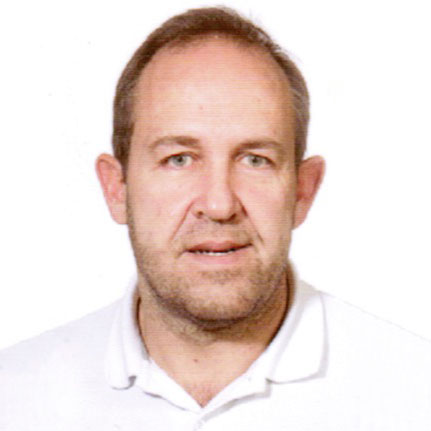|
Dr. Jacobo Feás (PhD Economics, 2008) is a Professor of Economics at University Santiago de Compostela (Spain). His research activity focuses on project management, decision-making, integrated assessment and management of natural resources, with main focus on integrated water resources management. His specific methodological interests are in multi-criteria analysis and decision support systems.
He authored and co-authored several scientific publications related to the above mentioned topics.
He has visited scientists at Cà Foscary University, Climate Policy Initiative, Venice International University. He is also adviser of the Vicerrectorate of Internationalization of the USC since 2011 and he has collaborated in several cooperation projects.
|
 |
|
The main purpose of this talk is to present the experiences, lessons learned and outcomes from EU cooperation projects under the perspective of an EU higher education institution. After an introduction of the University of Santiago (USC), we analyse the main reasons that lead the internationalization process of one the oldest universities in Spain. The role of internationalization in the strategic vision of USC and the main implications of this strategic approach are presented. At this moment, our university is reviewing its strategic plan of internationalization as part of a continuous improvement process. Once the framework of internationalization of the USC has been presented, we deliver the main experiences of the USC as a participant in European cooperation projects, in which it participates both as a partner and coordinator. USC has participated in several cooperation projects all over the world, from LatinAmerica to Asia. Now the University of Santiago is facing new horizons under the ERASMUS+ scheme and we have to face new key challenges based on our global strategies such as the increase of the attainment levels of the USC to provide the graduates and researchers, to improve quality and relevance of HEIs and HE with more transparency and international impact, to improve the quality through mobility & international cooperation, understand how to link HE, research, business and regional development and how to manage governance and funding to support strategic choices.
|